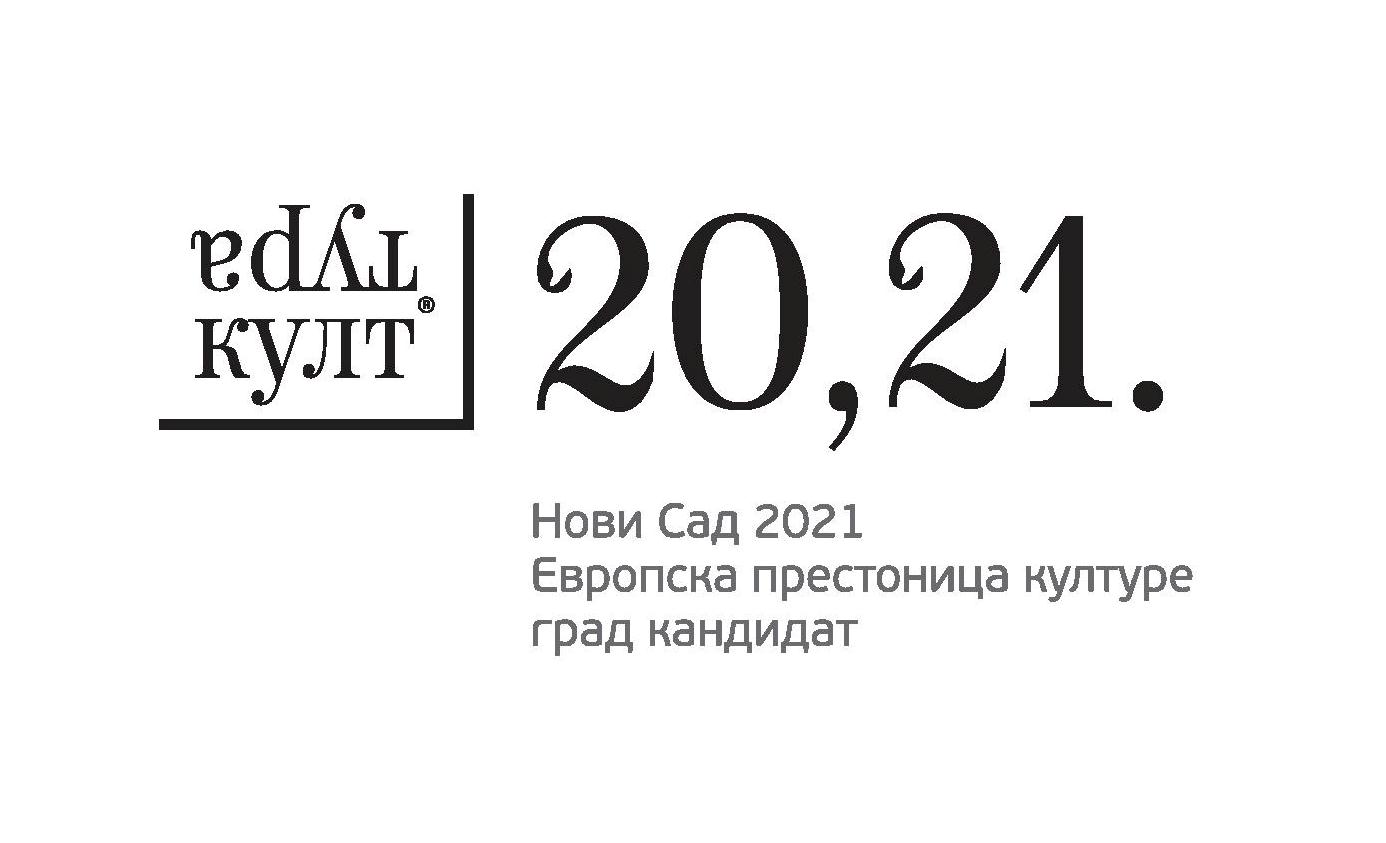Herceg Novi (Montenegro) and Novi Sad (Serbia) have been shortlisted today in the competition for the title of European Capital of Culture 2021 in a candidate country or potential candidate to EU membership. The recommendation was done by a panel of independent experts evaluating applications from two competing cities meeting in Bucharest today.
Being shortlisted for the title can result in significant cultural, economic and social benefits for the cities concerned, provided that their bid is part of a longer-term culture-led development strategy.
Once the panel’s recommendation has been confirmed by the European Commission, the shortlisted cities have until next autumn to complete their applications. The panel will then meet again in Brussels, most probably in October 2016, to recommend which city will be European Capital of Culture in 2021. The Commission will then formally designate this city.
In 2021, there will also be two other European Capitals of Culture, one in Romania and one in Greece. The pre-selection meeting for the Romanian competition took place on 7-10 December with four cities being recommended for the final round (Baia Mare, Bucharest, Cluj and Timisoara). The pre-selection round in Greece will take part in late February 2016.
Following Mons (Belgium) and Plzen (Czech Republic) this year, Wrocław (Poland) and Donostia-San Sebastián (Spain) will be European Capitals of Culture in 2016, Aarhus (Denmark) and Paphos (Cyprus) in 2017, Leeuwarden (Netherlands) and Valletta (Malta) in 2018, and Matera (Italy) and Plovdiv (Bulgaria) in 2019. Ireland and Croatia will each host a European Capital of Culture in 2020.
In 2015 the European Capitals of Culture celebrate 30 years of success and achievements. Born in 1985, the European Capitals of Culture have grown into one of the most ambitious cultural projects in Europe and one of the best known – and most appreciated – activities of the EU. Their objectives are to promote the diversity of cultures in Europe, to highlight the common features they share and to foster the contribution of culture to the long-term development of cities.




